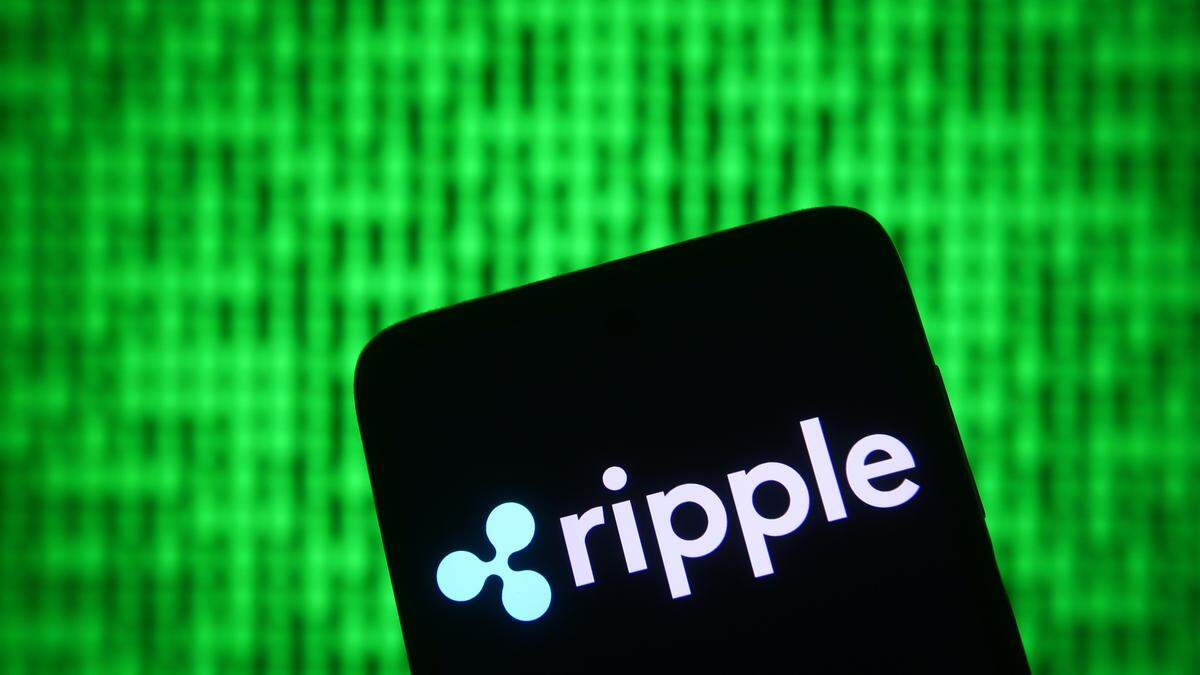Crypto payments group Ripple has applied for an electronic money institution (EMI) license with Luxembourg’s financial regulator the CSSF, according to a report by the digital assets publication Ledger Insights.
The licence is a prerequisite under the EU’s Markets in Crypto-Assets regulation (Mica) for firms looking to issue fiat-backed stablecoins in the bloc, digital tokens whose value is tied to traditional currencies such as the US dollar or euro.
“We see significant opportunity in the European market and we intend to become Mica-compliant,” a Ripple spokesperson told Ledger Insights.
Mica’s rules for stablecoins, classified as e-money tokens, came into force in June 2024, requiring issuers to hold an EMI licence and meet capital, governance and reserve requirements. If and when the license is obtained, it would enable Ripple to operate across the European Economic Area.
In April 2025, Ripple incorporated a local entity, Ripple Payments Europe, according to the Luxembourg Business Register. The company has since posted job openings in Luxembourg, including for anti-money laundering and compliance roles.
Also read:Pivotal year ahead for digitalisation of Luxembourg’s financial sector
If approved, the licence would allow Ripple to issue RLUSD, its planned US dollar-pegged stablecoin, across the European Economic Area. RLUSD is intended as a fully regulated cross-border settlement token and would compete with stablecoins such as PayPal’s PYUSD and Circle’s USDC.
Stablecoins are digital tokens that are pegged to the value of traditional currencies like the US dollar or euro. They are designed to combine the speed and programmability of crypto with the stability of fiat money. But regulators are wary of their potential systemic impact, prompting tighter rules under Mica and similar laws globally.
Founded in 2012 and headquartered in San Francisco, Ripple is a blockchain-based payments company best known for its XRP token and enterprise solutions for cross-border money transfers. The company aims to make international transactions faster and cheaper by using distributed ledger technology.
Luxembourg is becoming a key European gateway for crypto and fintech firms seeking regulatory clarity and EU market access. Coinbase recently set up its EU hub in the Grand Duchy, while Standard Chartered opened a new unit in Luxembourg earlier this year to focus on digital assets and blockchain-related initiatives.
